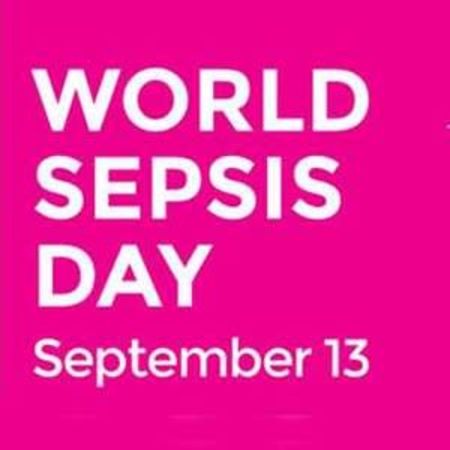A woman came to see me a few days ago: her 44-year-old husband recently died from sepsis in another hospital, and she wanted to have a discussion about this tragic story. Her husband had had just some kind of blister on his foot. He didn’t seem very ill when he arrived at the hospital, but he quickly developed an extended area of fasciitis on his left leg. Despite rapidly performed, extensive surgical drainage, he developed septic shock with fulminant multiple organ failure. His wife is now left alone with her four year-old child.
She asked me many questions about this story – the usual ones: Was there any error in management? Was precious time lost? Was the antibiotic therapy inadequate? After negative answers to each of these questions came the big question: Why do people not speak more about it? As a renowned musician, she wanted to organise a concert to raise money for research in the field, but what kind of research is most needed?
Her Google search had mentioned septicaemia, and I explained this is an old term that has been abandoned because the abnormalities of sepsis do not necessarily involve the presence of microorganisms in the blood. I explained that sepsis is not a new word, even though some people seem to think it appeared only a few decades ago. In fact, the term was already used by the Ancient Greeks for ‘putrefaction’ (the meaning of the word in Greek).
Importantly, sepsis is not a disease but a syndrome, a clinical picture or pattern of the dysregulated host response that can complicate any infection. I explained that sepsis management is thus not only antibiotic therapy and source control (as indicated in this case) - these are essential but not sufficient. What we need are therapies aimed at controlling the poorly regulated response of the body to the infectious trigger. Such therapies should be personalised, guided by accurate, specific biomarkers, and soon assisted by artificial intelligence.
Research into such therapies needs more support. Part of the difficulty is that sepsis is managed by intensivists and emergency doctors, with the support of infectious disease specialists, but also involves all other specialties, from surgery to pneumology and even dermatology, so that nobody really ‘owns’ it, thus hindering effective coordinated research.
On this World Sepsis Day, let us work together to encourage and support sepsis research so that we can reduce the huge global burden of sepsis and prevent more terribly sad stories like this one.























